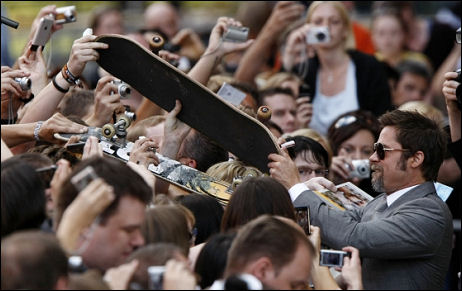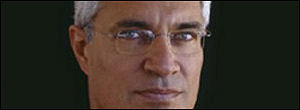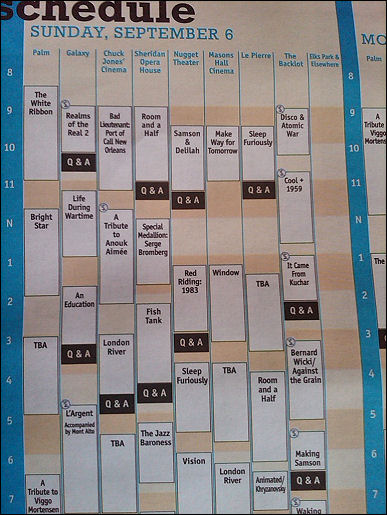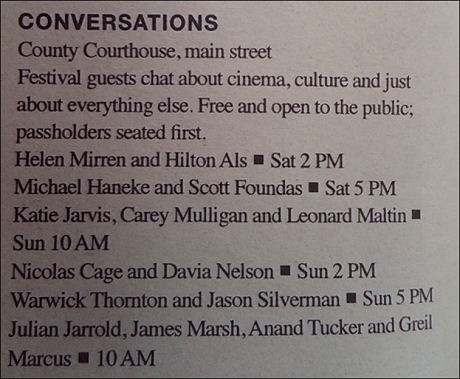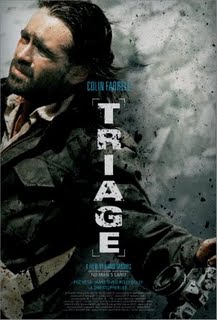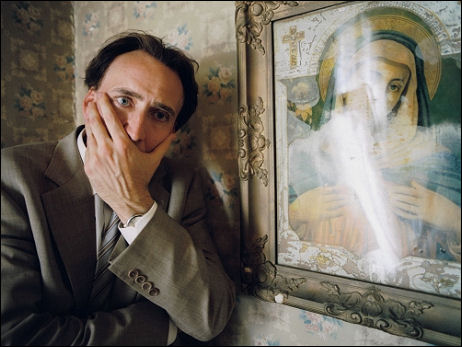In recognition of the MCN Gurus of Gold having today taken a stab at Best Picture handicapping, HE’s Ten Most Likely are as follows (and in this order): Invictus (Warner Bros.), d: Clint Eastwood; The Hurt Locker, d: Kathryn Bigelow; Up In The Air (Paramount), d: Jason Reitman; An Education (Sony Classics), d: Lone Scherfig; Nine (Weinstein Co.), d: Rob Marshall; The Lovely Bones (Paramount), d: Peter Jackson; A Serious Man (Focus Features), d: Joel and Ethan Coen; Bright Star (Apparition), d: Jane Campion; Up (Disney), d: Pete Docter, Bob Peterson, and The Tree of Life (Apparition), d: Terrence Malick.
It’s been feeling like a relatively strong and stirring year to me, but some are going to start complaining any day now that the above films aren’t hefty enough — not broadly emotional or large-scopey or whatever — and that 2009 is therefore shaping up to be a somewhat pallid year in terms of Best Picture competition. I don’t think so — I’m calling it a pretty good, better-than-so-so year — but just you wait.
It’s worth noting that eight of the fifteen Gurus — USA Today‘s Scott Bowles, Toronto Star‘s Peter Howell, Entertainment Weekly‘s Dave Karger, L.A. Times Mark Olsen, Steve Pond, Awards Daily‘s Sasha Stone, Indiewire‘s Anne Thompson and USA Today‘s Suzie Woz — have picked Mira Nair‘s Amelia as having a decent shot at ending up as one of ten Best Picture nominees.
I haven’t seen the film, but I’ve been hearing this and that. There’s nothing better than a nice surprise, but for now these guys need to lie down on the tracks and put their ears closer to the rails.
Oscar oddsmaking aside, the best films of 2009 so far are The Hurt Locker, An Education, In The Loop, Humpday, Public Enemies, Up, Sin Nombre, Adventureland, Three Monkeys, The Girlfriend Experience, Il Divo. And among the docs: The Cove, Tyson, Anvil! The Story of Anvil, Food, Inc, and Of Time and the City.
